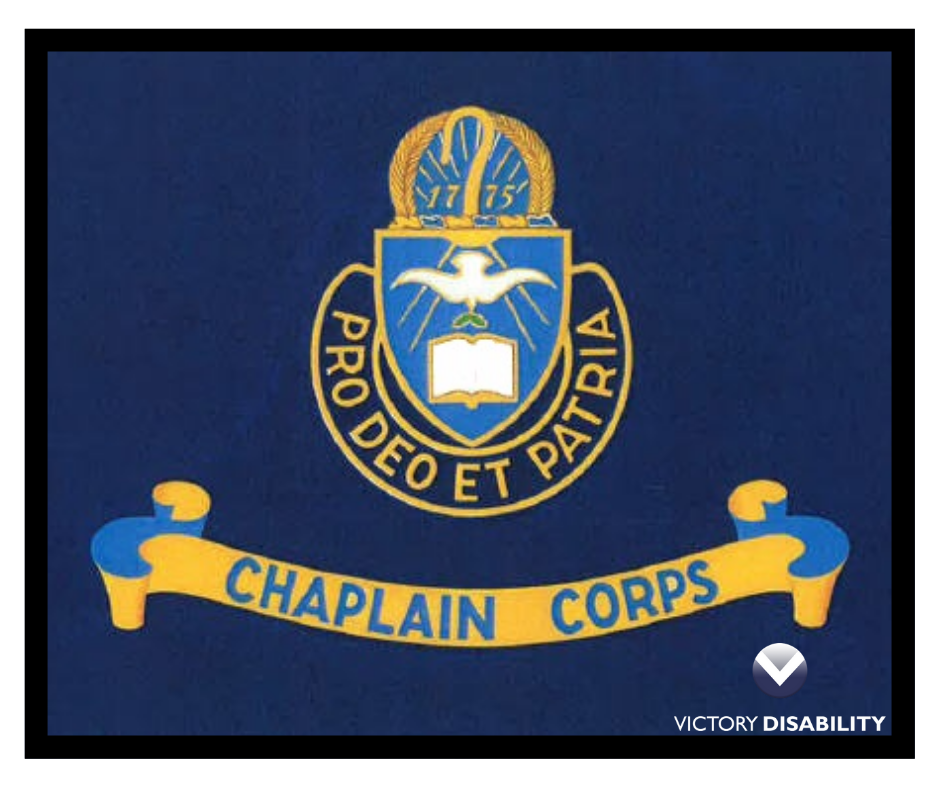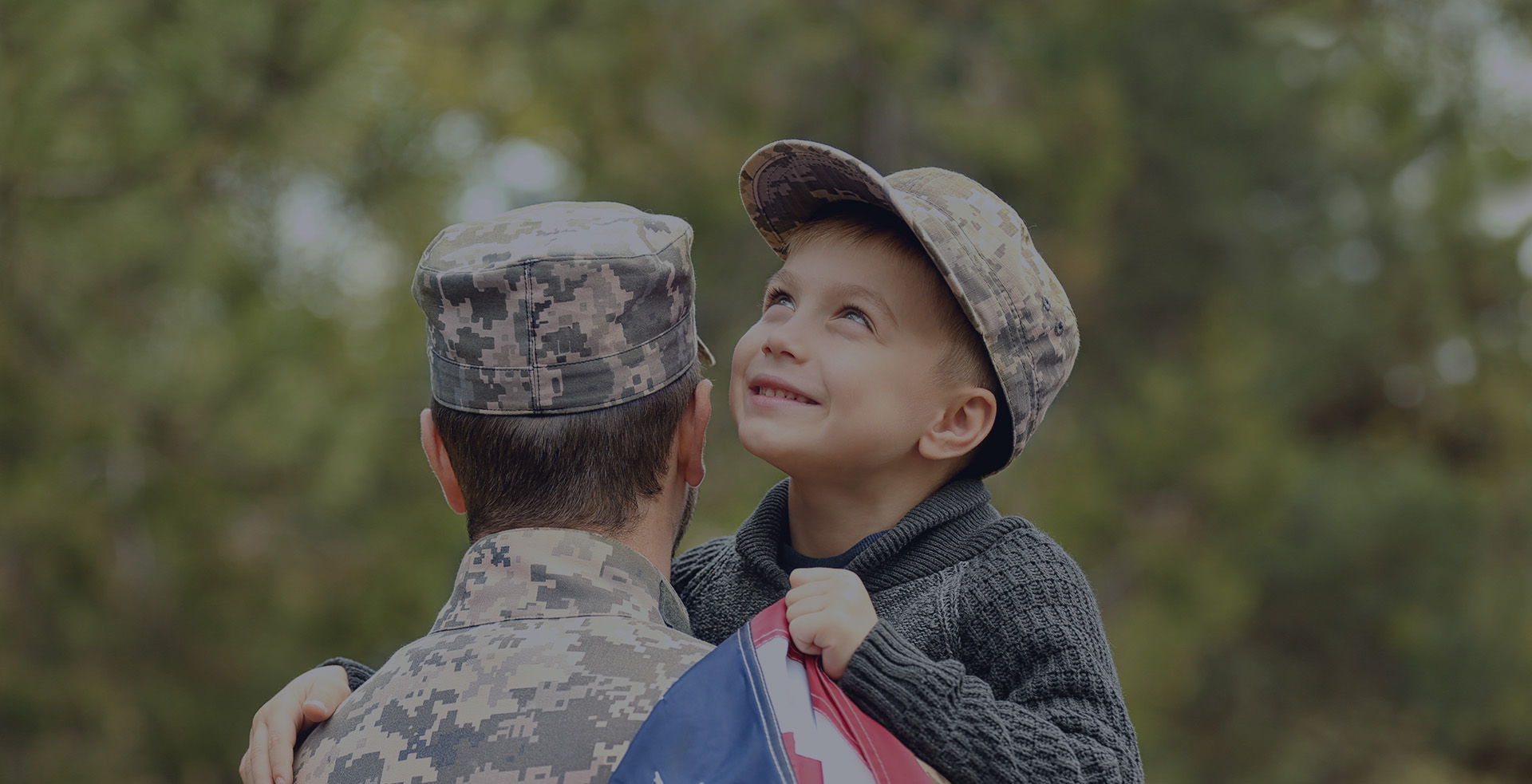
30 Jul Army Chaplain Corps Anniversary
The U.S. Army Chaplain Corps celebrates its birthday each year on July 29th. There are commemorative gatherings all across the globe. Army Chaplains, Chaplain Assistants, and other support troops hold these gatherings. These events reaffirm the Army Chaplain Corps’ commitment to helping, mentoring, counseling, and teaching soldiers.
A Brief History Of The U.S. Army Chaplain Corps
In 1775, The Continental Congress authorized the creation of an Army Chaplain Corps, providing one chaplain for each regiment. They had no required military uniform. Secondly, the role would evolve and change over time, especially where multi-faith operations are concerned. Thirdly, The Corps did not begin as the pluralistic operation it is today. over time Catholic chaplains were added. Later African American and Jewish chaplains too. These additions happened prior to or during the Civil War.
What Is The U.S. Army Chaplain Corps?
The Army offers soldiers spiritual guidance, counseling, advice, and mentoring in peace and wartime. They do this by employing trained clergy members who have had both spiritual and classroom-type training. As well, they need to be providing what the Army calls “free exercise of religion in a pluralistic setting”. They also must also go through Army training above and beyond college work. That said, nor do all who serve in the Corps serve as military chaplains. An Army Chaplain is an officer, but an Army Chaplain Assistant may be an enlisted member. One who does not hold a degree or ecclesiastical training before she or he joins the service.
The Origin Of “Chaplain”
The word “chaplain” is of the story of St. Martin of Tours. That said, in the Roman army is said to have cut his cape to share with a homeless person. (circa 334 A.D.) This humanitarian act is supposed to have occurred while he served as a Roman soldier before his 18th birthday.
The story goes that following the cloak-cutting incident Martin had a divine vision . He had woke to find his cloak was whole again. St. Martin of Tours cloak began to be thought of as a holy relic. It would be carried into battle and used to swear oaths upon. The cloak or cappa would be placed in a royal treasury. A priest responsible for caring for this relic who would be come to known as a cappellanu. Over time any priest serving troops would become known as cappellani. In French, this is translated as chapelains. From there we get “chaplain” in English.
The Historic Role Of Army Chaplains
Those who serve in the Army Chaplain Corps have always done so as non-combatants. Army Chaplains do not carry weapons, cannot direct combat operations, and cannot serve as commanders. That said, Chaplain Assistants, also known as Religious Affairs Specialists, are not necessarily non-combatants. They do not have all the same restrictions as the Army Chaplains they work with.
How Army Chaplains Work
Chaplains serve as counselors, religious leaders, moral authorities, and provide comfort to those in conflict zones or affected by combat. In peacetime and outside areas where American forces engage in combat operations, you may find Chaplains. They will be working in ways similar to those who run civilian houses of worship.
Chaplains may provide teaching, guidance, serve as mentors, even work as radio personalities in military radio stations. They often serve in or in conjunction with military medical facilities on and off the battlefield.
Requirements To Become An Army Chaplain
The U.S. Army frequently adjusts, streamlines, and modifies its’ requirements of a variety of Military Occupational Specialty (MOS) codes. Although in general, to become an Army Chaplain the following requirements must be met:
- Basic Army Requirements for physical readiness as determined by a Military Entrance Processing Station (MEPS)
- The ability to obtain a security clearance.
- Minimum age of 21 years old and under age 42 at the time of active duty commissioning. Army National Guard or Army Reserve commissioning requirements include being under the age of 47 at the time of commissioning.
- Must complete “basic theological education” for the service member’s chosen denomination. (a Master of Divinity degree is common)
- A minimum of two years of post-theological education professional experience (active duty only).
- Applicants are required to obtain “ecclesiastical endorsement” which shows in writing that the service member is qualified.
- Able to observe sensitivity to a pluralistic faith environment and enable the free exercise of religion for all.
.
The U.S. Army Chaplain Experience For College Students
The Army offers a training program to help Chaplain candidates determine if the Army Chaplain Corps is right for them. The Army Chaplain Candidate Program allows students a big advantage. That is to train to become an Army Chaplain at the same time you are training for the ministry. This program requires entry into the Army Reserve or Army National Guard.
Military Honors For Army Chaplains
In spite of being non-combatants, Army Chaplains have earned many awards for bravery, self-sacrifice, and valor. During World War Two, four Army Chaplains died helping service members survive a German torpedo attack. (Which was on an Army transport ship, the U.S.A.T Dorchester) They gave their life jackets to other soldiers, went down with the ship, and died as a result. They all had received a Purple Heart for their heroic actions.
Source: https://militarybenefits.info/army-chaplain-corps-anniversary/#ixzz5uiEy6niW


